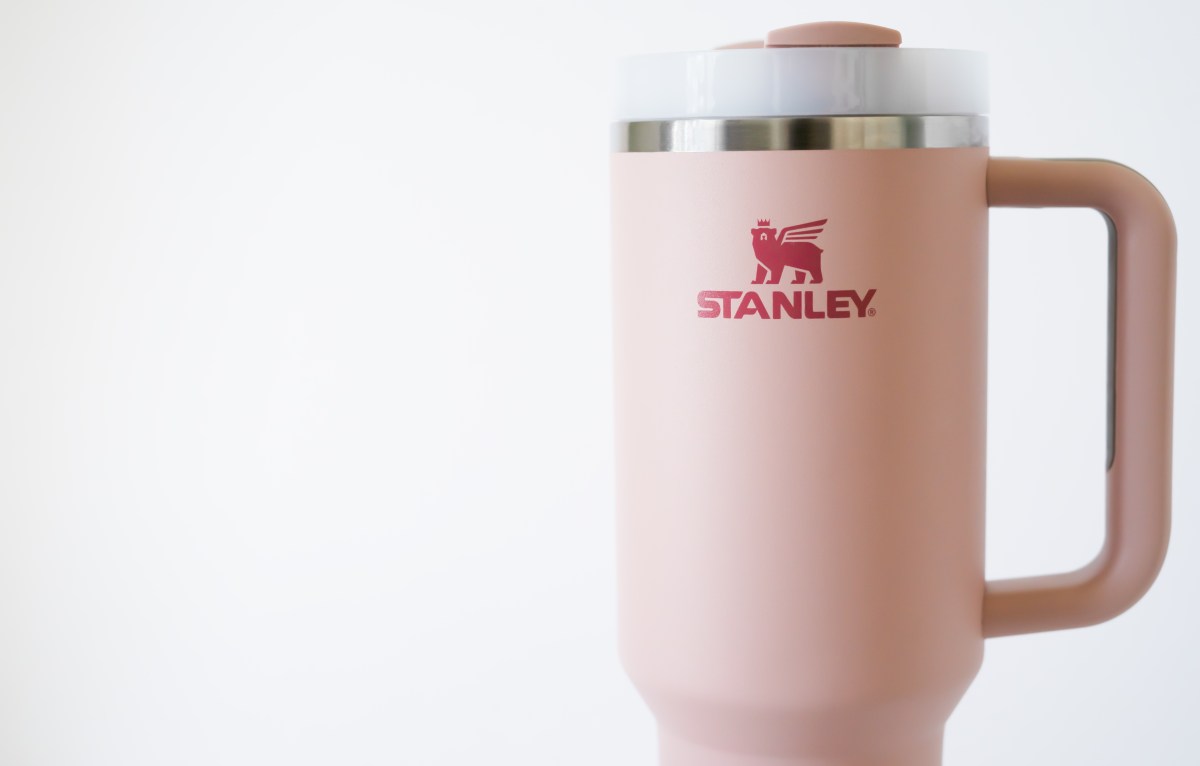Stanley Recalls 2.6 Million Cups Amid Rising Customer Complaints
In a surprising turn of events, Stanley, a well-known brand in the outdoor and beverage container market, has announced a significant recall affecting 2.6 million cups. This decision comes in response to an alarming increase in customer complaints regarding the product’s quality and safety. Consumers have expressed their dissatisfaction with the cups, prompting the company to take swift action to address the escalating concerns.
Understanding the Recall
The recall affects a variety of Stanley cups, primarily those manufactured between 2020 and 2023. Customers have reported issues such as:
- Leaking seals that fail to keep beverages contained.
- Insulation failure leading to temperature retention issues.
- Defective lids that pose a risk of injury.
Stanley has stated that the recall was initiated to protect consumers and maintain the integrity of its brand. In a press release, the company emphasized its commitment to quality and consumer safety, stating, “At Stanley, our customers’ safety is our top priority. We take these complaints seriously and are acting swiftly to rectify the situation.” The company has encouraged customers to return the products to their place of purchase for a full refund.
The Impact of Product Recalls
Product recalls are not uncommon in the consumer goods sector, especially for companies that prioritize safety and quality. However, a recall of this magnitude raises critical questions about the manufacturing processes and quality control measures in place at Stanley. The implications of a recall can be far-reaching, affecting not only consumer trust but also the company’s bottom line.
Historically, major recalls have had lasting effects on brands. For example, in the automotive industry, recalls can lead to significant financial losses and diminished public perception. In the consumer goods sector, the impact can be equally profound, as customers may seek alternative brands that offer perceived higher safety standards.
Consumer Trust and Brand Loyalty
Consumer trust is a cornerstone of any successful brand, and a recall can severely undermine that trust. Stanley has built a reputation over the years as a reliable brand for outdoor enthusiasts and everyday users alike. However, with the recent complaints, customers may reconsider their loyalty to the brand.
To mitigate damage, Stanley will need to engage in transparent communication with its customers. This includes:
- Providing clear information about the recall process.
- Offering direct lines of communication for customer feedback.
- Implementing corrective actions to prevent similar issues in the future.
Moreover, the company should consider an outreach strategy to reassure customers that their concerns are being taken seriously and that steps are being taken to improve product quality.
Quality Control Measures and Manufacturing Standards
The recall has sparked discussions about quality control measures within manufacturing processes. Companies like Stanley must adhere to stringent quality assurance protocols to ensure that products meet safety standards before reaching consumers. A review of these processes could reveal potential weaknesses that need to be addressed.
In recent years, the push for sustainability and eco-friendly materials has led many companies to alter their manufacturing practices. While this shift is generally positive, it may also introduce new challenges in maintaining product integrity. Stanley must evaluate whether their commitment to sustainable practices has inadvertently affected product quality.
Regulatory Oversight and Consumer Safety
Regulatory bodies, such as the Consumer Product Safety Commission (CPSC) in the United States, play a crucial role in ensuring consumer safety. They set guidelines for product safety and can intervene when companies fail to meet these standards. In light of the Stanley recall, it is essential to consider the role of regulatory oversight in preventing such issues from arising in the first place.
In addition to compliance with existing regulations, companies must also be proactive in monitoring consumer feedback and addressing potential issues before they escalate to a recall. This involves maintaining open lines of communication with customers and being receptive to their concerns.
Broader Implications for the Industry
The Stanley recall is not just an isolated incident but rather a reflection of broader trends within the consumer goods industry. As competition increases, brands are under pressure to deliver high-quality products that meet consumer expectations. The rise of social media has amplified consumer voices, making it easier for complaints to gain traction and reach a wider audience.
Furthermore, as consumers become more discerning and informed about product safety, companies must adapt to this changing landscape. This may involve investing in advanced quality control technologies, enhancing transparency in manufacturing processes, and fostering a culture of accountability within organizations.
Conclusion
The recall of 2.6 million Stanley cups serves as a sobering reminder of the importance of product quality and consumer safety. As the company navigates this challenging situation, its response will be crucial in determining the long-term impact on its brand reputation and consumer trust.
Moving forward, Stanley must take comprehensive measures to address the underlying issues that led to the complaints while also engaging transparently with its customer base. By prioritizing quality control and consumer communication, Stanley can work to restore its standing in the marketplace and reassure customers of its commitment to safety and excellence.
See more Business Focus Insider Team

